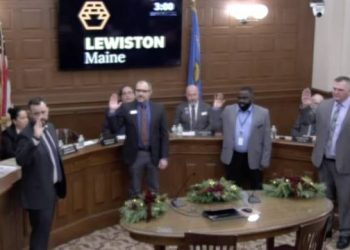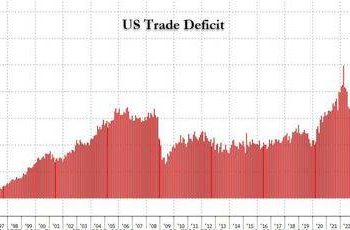Sen. JD Vance (R-Ohio) and Minnesota Gov. Tim Walz, the vice presidential nominees for their respective parties, are set to face off in a debate on CBS News on October 1. With less than 50 days before the election, many voters might wonder if vice presidential debates have any real influence on election outcomes—and if so, to what extent.
This will be the only debate between the two candidates this year, a typical occurrence for vice presidential nominees. Both candidates offer distinct visions for the country—Walz highlights the Biden-Harris administration’s achievements and his progressive record as governor, while Vance promotes former President Donald Trump’s “America First” agenda.
David Schultz, a political science professor at Hamline University and vice presidency scholar, suggests that Trump and Vice President Kamala Harris were “playing base politics” with their running mate selections. Neither Vance nor Walz come from key swing states, but both resonate strongly with their respective party bases. Vance is widely supported by Trump’s base, and Walz was endorsed by progressive leaders within the Democratic Party before being chosen as the nominee.
“At this point, neither campaign is targeting moderates,” Schultz told The Epoch Times.
Even so, the debate offers both candidates a chance to appeal to undecided voters in an already unprecedented election cycle, especially following the significant shift at the top of the Democratic ticket after President Joe Biden’s debated performance against Trump in June.
Dustin Carnahan, a communications professor at Michigan State University, noted that research suggests presidential debates typically have little impact on voting choices. He explained, “Debate viewers tend to be the most politically engaged, and therefore have often already made up their minds before the debate.”
Aaron Dusso, a political science professor from Indiana University-Indianapolis, told The Epoch Times that vice presidential debates, in particular, tend to have an even smaller influence, as they typically draw fewer viewers than presidential debates. For example, 84 million people watched the first 2016 presidential debate between Trump and Hillary Clinton, but only 37.2 million tuned in to see their running mates, Sen. Tim Kaine and Mike Pence. Similarly, in 2020, while 73.1 million watched Biden and Trump’s first debate, only 57.9 million viewed the Harris-Pence matchup.
Although debates generally don’t significantly shift voter opinion, they can provide undecided voters with a better understanding of each candidate’s policy positions. For instance, Biden’s June debate performance caused top Democrats to urge him to step aside. Additionally, debates give vice presidential nominees a platform to introduce themselves to a wider audience, which can be impactful, especially if the candidate is less well-known.
Schultz commented that aside from Sarah Palin, there hasn’t been much evidence that any vice presidential nominee has significantly influenced a presidential election. Palin’s debate against Biden in 2008, for example, attracted attention, but likely cost John McCain a few points in the polls. Nonetheless, Schultz argued that McCain was already set to lose due to the poor economy at the time, so Palin’s performance may not have made much difference in the end.
Schultz also pointed to the famous moment in the 1988 vice presidential debate when Sen. Lloyd Bentsen (D-Texas) rebuked former Vice President Dan Quayle with the line: “Senator, you’re no Jack Kennedy.” Despite the memorable moment, it did little to prevent George H.W. Bush’s landslide victory that year.
Conversely, Camille Busette, interim vice president and director of governance studies at the Brookings Institute, suggested that the 2020 debate between Pence and Harris did have an impact, especially when Harris criticized the Trump administration’s handling of COVID-19. She believes this struck a chord with voters seeking a clear contrast between the two tickets.
As for this year’s debate, both candidates have been actively preparing. Vance enlisted Rep. Tom Emmer (R-Minn.) to stand in for Walz during his rehearsals, while Walz has been working with Transportation Secretary Pete Buttigieg, who served as Harris’s stand-in during her 2020 debate preparations.
Schultz’s advice for both candidates is simple: “Do no harm and avoid mistakes.” He stressed the importance of making a strong case for their presidential candidates without alienating voters. Dusso added that it’s essential for the candidates to appear competent on a range of issues before focusing on their strengths. For Walz, this means emphasizing access to abortion, health care, and education. Vance, on the other hand, should focus on border security, the economy, and crime—issues that resonate strongly with Republican voters.
 Telegram is where we really talk. Don't miss out!
Telegram is where we really talk. Don't miss out!








